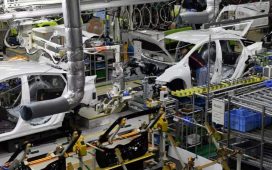The revenue of D2C brands could reach $10 billion by 2025, compared with $4 billion now. However, Reliance, which has the largest supermarket chain in the country and is also now present in several fast-moving consumer goods segments, could pose a threat to these smaller online-only brands.
“Reliance can be a huge disruption given the kind of play they want in multiple categories. And in that kind of environment, it is not really the best of times for D2C brands entering offline,” said Soumya Mohanty, managing director, South Asia for Insights Division at Kantar.
D2C brands make most of their revenue or customer acquisition from direct-to-consumer online channels or are those that have started with an online-first distribution before going omni-channel. Several larger D2C brands such as Mama Earth and Sugar Cosmetics have been selling products in their own stores and supermarkets for the past few years.
“There is a large FMCG market and the per-capita consumption in many categories is low. But the job to increase penetration is for larger companies and when D2C targets their consumers offline, they will face a bigger challenge,” added Mohanty.
Reliance has a network of 17,225 stores across the country and also runs its online retail through the JioMart app. While fast moving consumer goods firms offer their products through supermarkets and online platforms in return for certain margin payments, Reliance has the ability to sustain price war and capture markets through its direct consumer reach and by eliminating middleman margins.











